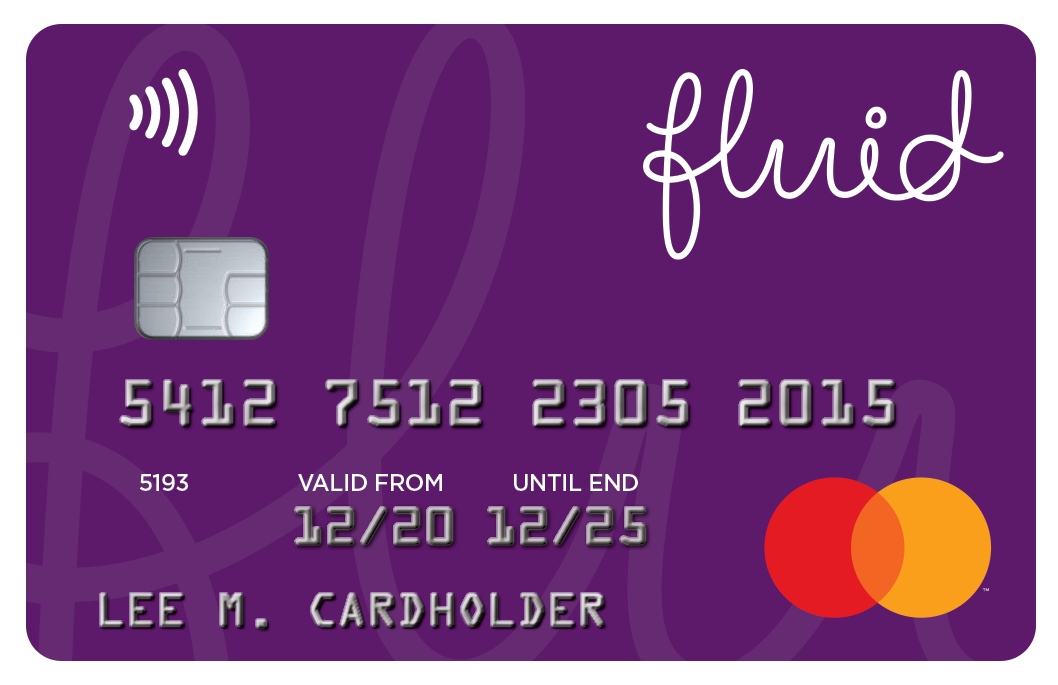Your credit score: What’s yours and why does it matter?

Your credit score: What’s yours and why does it matter?
Everyone’s got a credit score. This three-digit regularly-changing number can impact your finances for years to come. A good credit score could open the door to cheaper loans and mortgages, but a poor score can mean it’s virtually impossible to borrow money at all.
What is a credit score?
Your credit score is a three-digit number calculated from the information a Credit Reference Agency (CRA) holds about you.
A CRA is an independent organisation that gathers and securely stores details about your credit history from lenders and public bodies.
The idea is your credit score indicates how you’ve handled credit in the past.
What goes into a credit score?
The thing that has the biggest impact on your credit score is your past ‘payment behaviour’. This looks at whether you’ve made payments on time, or missed payments, or paid late. As well as repayments for things like loans and credit cards, it looks at some bills such as your mobile phone and energy bill.
Missed payments can damage your credit score, with more recent missed payments having the biggest impact.
Your ‘credit usage’ also affects your credit score. This relates to how much credit you have available and how close you are to your limits. Ideally you should try and use less than 25% of your total credit limit across each of your credit accounts.
The length of your credit history will impact your credit score too. This is sometimes referred to as ‘credit experience’. If you’re new to credit, there won’t be much evidence of your experience using it, which could result in a lower credit score.
Your credit score is also influenced by your credit applications – which products you’ve applied for and when. If you’ve recently applied for a few new credit accounts, it could cause lenders to think you’re too eager for credit and this could be reflected in your score dropping in the short-term.
What doesn’t go into a credit score?
Contrary to popular belief, your score isn’t affected by your income, current account or savings balances, criminal record or education.
It also doesn’t matter if you’re married or single, or if you have children. You won’t be linked to anyone you live with unless you have a joint financial agreement.
Why it’s important to check your credit score
Checking your credit score can give you a better understanding of your ability to get credit. Once you’re armed with knowledge about your credit score, you can understand what lenders might see when they check your credit report.
Checking your credit report can also help you identify any incorrect information that might be holding you back. For example, your records might be confused with someone else of the same name, or you might still be financially linked to an ex-partner. Your credit report can also be used to spot fraudulent activity in your name.
A higher credit score can unlock access to more credit and better offers at more competitive rates. And it doesn’t harm your score to check.
Why are there different scores?
There’s no such thing as a universal credit score. There are actually three main credit scores in the UK– one produced by each credit reference agency (Experian, TransUnion and Equifax).
Experian has a maximum score of 999, TransUnion 710, and Equifax 1,000.
The three CRA’s all use slightly different information and formulas to calculate your score. A lender may use just one or several agencies when deciding whether to offer you a financial product.
You can get a copy of your score from each CRA for free, by requesting your statutory credit report.
What is a good credit score?
The higher your credit score, the better. With Experian, a good score starts at 881, with 961 to 999 rated excellent. A good score with Equifax is rated above 531 with a very good score rated above 671 and an excellent score anything above 811; at TransUnion a score between 604 and 627 is good, and over 628 is excellent.
How to improve your credit score
Keep up to date on your household bills and debt payments
Don’t use anywhere near your credit limit – keep it below 50% or, even better, 25% of the amount available
Be on the electoral roll – this is seen as a sign of stability
Avoid making multiple credit applications in a short space of time
Closed unused credit accounts
Don’t get a county court judgement (CCJ) or an individual voluntary agreement (IVA) or go bankrupt
Check your credit report for errors
Take out a ‘credit builder’ credit card and use responsibly if you’re struggling to get any credit at all
See if you'll be accepted before you apply
Quick and easy to fill in your details.
Get a response in 60 seconds.
No impact on your credit rating.
Check Eligibility

34.9% APR
Representative (variable)
Don't forget
Use your card sensibly — if you don’t make repayments on time or stay within your credit limit you will pay extra charges, forfeit the 0% offer and getting credit in the future may be harder and more expensive.